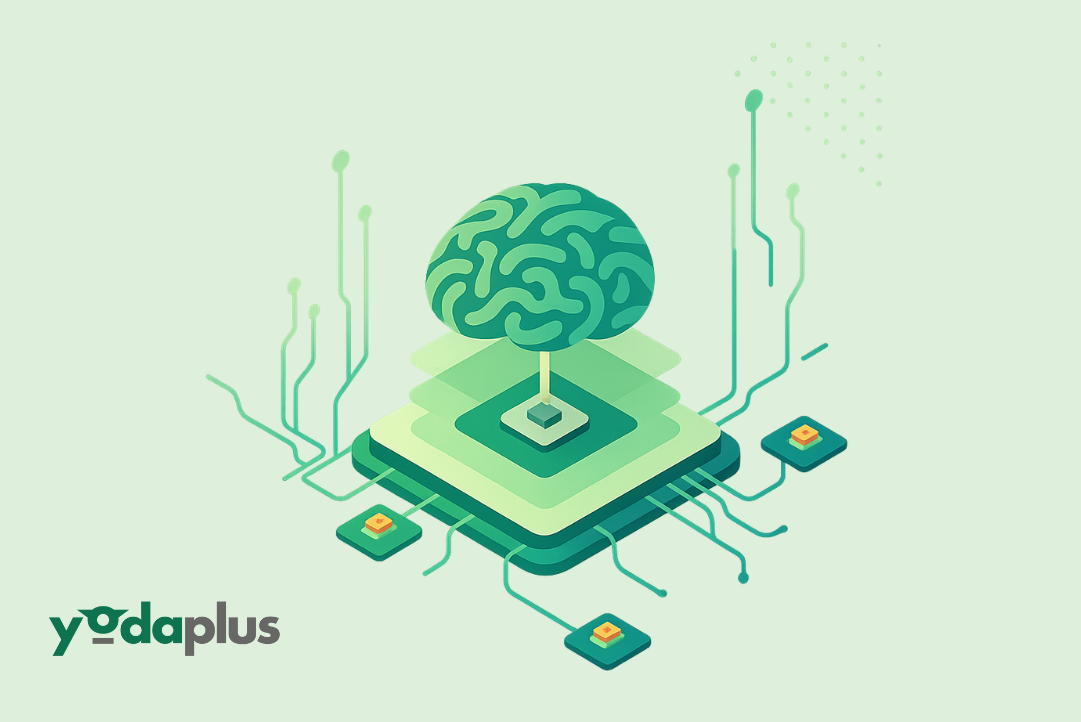
How Blockchain Adds Trust and Transparency to AI Systems
April 22, 2025 By Yodaplus
Introduction
Artificial Intelligence (AI) is transforming how businesses interact with data, make decisions, and deliver services. But with AI’s growing role comes increasing concern over its trustworthiness, explainability, and data integrity. As systems generate synthetic content, make high-stakes decisions, and act autonomously, the question becomes: how can we ensure transparency and accountability in AI?
One surprising yet powerful answer lies in an older disruptive technology: blockchain. Often associated with cryptocurrency, blockchain technology services offer a suite of features—immutability, decentralization, and verifiability—that could help fill the trust gap in modern AI systems.
Verifiable Data Integrity with Smart Contracts
AI models are only as good as the data they are trained on. But much of that data is unstructured, siloed, or unverifiable. Blockchain provides a tamper-proof, decentralized ledger to track data provenance, ensuring that these systems use high-quality, authentic data.
Smart contracts—self-executing contracts with logic stored on a blockchain—can define data usage rules, automate compliance, and track actions by AI agents. These tools introduce enforceable accountability into an otherwise opaque ecosystem. For businesses using document digitization or AI-driven financial platforms, blockchain-backed smart contracts enable:
- Transparent audit trails for data ingestion
- Verifiable compliance with industry regulations
- Real-time, tamper-resistant execution logs
Decentralized Intelligence
Centralized AI systems present a single point of failure and control. Agentic AI, a model where autonomous agents collaborate and reason, demands more transparency and distributed trust. Here, blockchain’s decentralized structure acts as a shared ledger for agent coordination.
In environments like where cross-border collaboration, real-time fraud detection, and autonomous underwriting are evolving fast, decentralization helps:
- Reduce bias by involving multiple verifiable data sources
- Share encrypted insights between agents without revealing raw data
- Allow for agent accountability across multi-party processes
Projects like Numerai and Ocean Protocol already demonstrate how blockchain consulting can enable decentralized machine learning, allowing multiple participants to train models collaboratively while retaining ownership and privacy over their data.
Authenticating Human vs AI Contributions
As Generative AI tools become more prevalent, differentiating between human and machine-generated outputs is increasingly essential. Blockchain can help verify digital signatures and origins of content, including code, text, images, and more.
Initiatives like Worldcoin’s World ID use blockchain-based identity to confirm human presence without revealing personal data. This has ethical implications for journalism, finance, education, and other areas where origin and authorship matter.
Shared Infrastructure for Distributed Compute
AI systems demand enormous computing resources. Blockchain-based decentralized networks—such as Filecoin, Render Network, or Core Scientific—can pool unused compute resources from across a network.
This is especially useful for training and deploying, enabling:
- Cost-efficient distributed compute for tasks
- Resilience through redundant compute nodes
- Reduced environmental footprint compared to centralized data centers
Enhancing Explainability and Auditability
Explainability is a core requirement for AI in regulated industries like banking, insurance, and healthcare. By combining blockchain with AI:
- Every model action or prediction can be logged on-chain
- Data access permissions can be enforced and verified
- Stakeholders can trace decision paths for compliance audits
This is particularly useful for applications involving financial data management, fraud detection, or risk analytics—where algorithmic transparency isn’t just preferred, it’s mandated.
Final Thoughts
AI is moving fast. But trust must keep up. As autonomous systems and Agentic AI continue to gain adoption, blockchain technology offers a practical way to bring transparency, accountability, and fairness into AI-driven ecosystems.
At Yodaplus, we’re exploring this convergence, building AI-powered platforms that integrate secure, verifiable blockchain layers. From FinTech to document digitization, we help enterprises embed trust directly into the systems that power their future.
Blockchain and AI are no longer parallel tracks; they are intersecting to build systems that are not just smart but trusted.